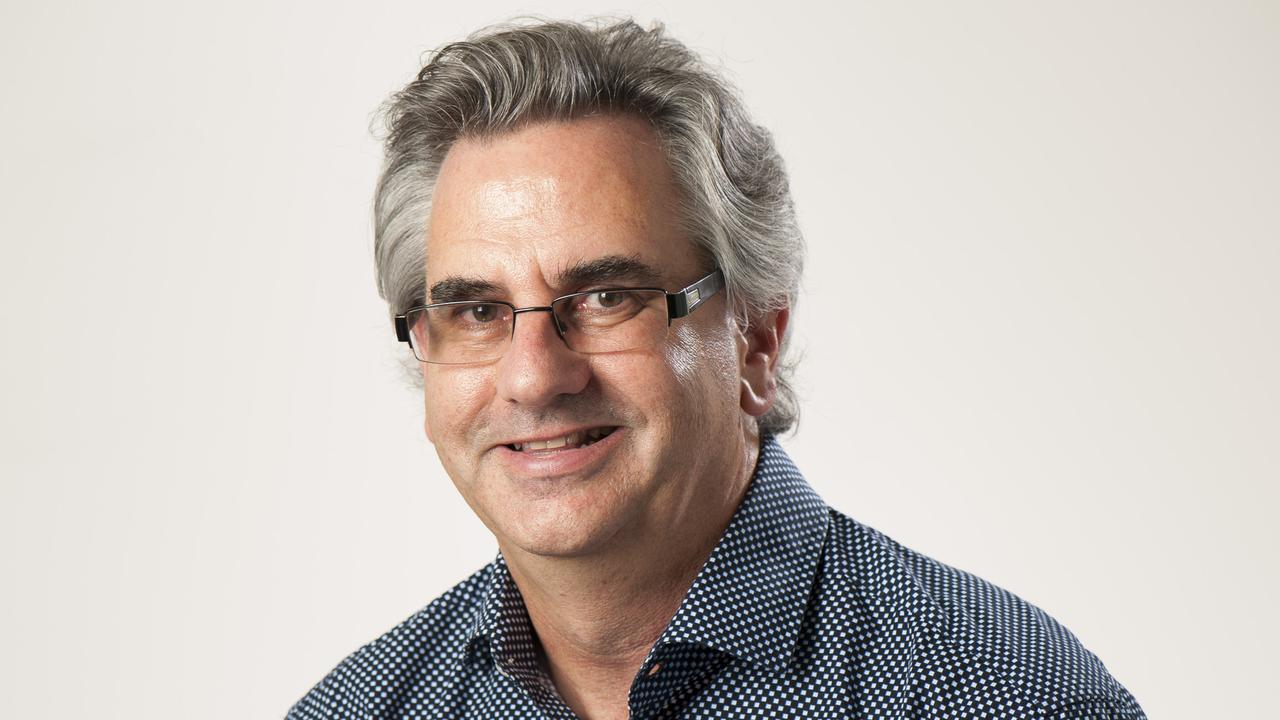Entrepreneur's soft skills blossom in Arab Spring
ON Monday I interviewed Education for Employment Foundation founder Ron Bruder for a public event in Melbourne.
ON Monday I interviewed Education for Employment Foundation founder Ron Bruder for a public event in Melbourne.
Bruder was this year named one of Time magazine's 100 most influential people in the world. Not bad. The reason: his foundation teaches soft skills across the Middle East, with courses tailored to the needs of different people, from university graduates right through to high school dropouts.
Soft skills essentially are the basics for finding a job: interview skills, resume writing, the confidence to present well and so on. It sounds rudimentary but, according to Bruder, it isn't just high school dropouts who lack these survival skills in modern civil society.
Any academic in this country who has asked one of their students to do a class presentation knows there are pockets of potential graduates here who could use such skills.
While western nations have entered this millennium preparing to confront the effects of ageing on societies, countries in the Middle East have the opposite challenge.
There is a youth demographic bubble. Populations in countries from Yemen to Egypt (Bruder nominates the latter as especially volatile) have been swelled by people under 30, both men and women, and it is important to find this emerging generation something to do.
Bruder started the foundation almost 10 years ago after the events of September 11. When quizzed about his motivation (the business entrepreneur donated $10 million start-up money to the foundation), he distances himself from the notion that he is finding jobs for Middle Eastern youth simply as a way of stopping them from getting involved in extremism. "Of course it isn't that simple; I wouldn't want to leave that impression," he says.
The Jewish-American is all too aware how his intervention might look to sections of some of the countries his foundation operates in and he admits that early on he met some resistance. Which is why he has partnered with local operators to set up a highly decentralised system that allows the individual providers in each country to tailor operations to suit their nation's needs.
Across a region not exactly known for equal gender rights, 50 per cent of Bruder's graduates are women, with Yemen producing the lowest number of female graduates, but still an impressive 40 per cent.
Empowering women through work could be Bruder's biggest contribution to social transformation in the Middle East, but he is coy when asked whether this may have been a factor in his inclusion in Time's list.
Next year, his foundation will graduate 5000 students, almost double the previous year. It's a growing operation, about to launch in the recently liberated Tunisia. But Bruder almost wishes himself out of a job (if that's what you call it), because he sees real opportunities for large-scale education providers to improve their offerings of teaching soft skills to students by copying what he does.
The so-called Arab Spring is continuing, and in most parts of the region the process of democratising civil society is far from over. Let's hope that as it continues it opens up opportunities for more endeavours such as Bruder's foundation.
Peter van Onselen is a Winthrop professor at the University of Western Australia.



